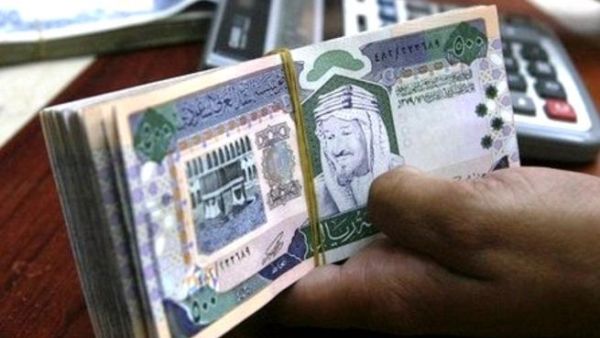An economic expert predicts a rise in the per capita income in Saudi Arabia from 78,750 Saudi riyals ($20,000) to 315,000 Saudi riyals ($83,000) if the concerned entities succeed in putting an end to the financial and administrative corruption in the Kingdom.
The director general of research and economic studies at the Council of Saudi Chambers, Dr. Maghawri Shalabi revealed that the private sector spends $20 to $30 billion per year on bribes, while the global corruption costs $2 trillion, according to World Bank reports.
Shalabi told Saudi’s al-Jazirah daily that the Saudi corruption index was 2 points in 1997, then reached 4.5 in 2003, and it improved in 2006 to 3.3 points, before deteriorating again to reach 4.7 points, placing the kingdom at the 50th rank in corruption on the global level, and the sixth on the Middle East and North Africa level.
Many economic analysts and experts criticized indices and numbers published from international organizations about the per capita income in Saudi Arabia, labeling them as “misleading” and inaccurate. They even warned against taking them as reference, even if they originated from the World Bank and the International Monetary Fund, or from Arab research centers.
Experts told al-Eqtissadya daily that those numbers do not reflect the real financial solvency of Saudi individuals, noting that they usually aim at convincing decision-makers, while harming the interests of the citizens.
According to a study by the Asbar Studies Center for Research and Communications on the income distribution in the Arab world, the IMF has raised the per capita income estimations in Saudi Arabia from 81,200 Saudi riyals ($21,600) in 2011 to 87,277 ($23,000) Saudi riyals in 2012.
And according to the Global Wealth Report, published by Credit Suisse Research Institute, the average per capita income of the adult in Saudi Arabia was raised by 56% in 2011, in comparison with the year 2000, to reach $35,959.
In May 2011, Saudi Arabia established the National Anti-corruption Commission to combat corruption and appointed Mohammad bin Abdullah al-Sharif as president -- at the rank of minister -- and put all the government bodies under its jurisdiction, focusing on upholding transparency and combating financial and administrative fraud in the government.








